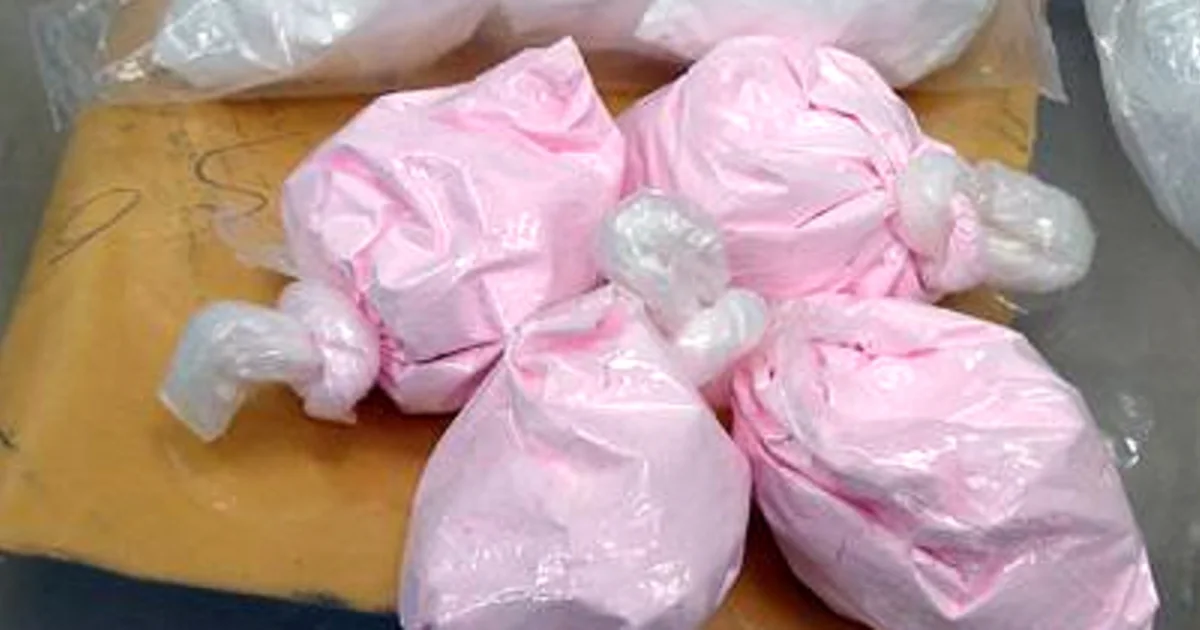In an alarming drug interception, Spanish authorities have confirmed the arrival of a container filled with a substantial quantity of cocaine from Costa Rica. This cargo, which arrived at the port of Málaga, Spain, has been described as one of the “largest cocaine shipments” received.
Hidden Among Cocoa
The illegal narcotics were meticulously concealed within a legal shipment of cocoa, making it particularly challenging for authorities to identify and intercept. The transporter linked to this massive drug shipment is reported to be a man from the Canary Islands. The exact amount of cocaine apprehended is still under calculation by the Spanish agents involved in this case due to its immense volume.
Alert Initiated by Costa Rican Authorities
Interestingly, the seizure’s success is partly credited to the vigilant authorities from Costa Rica, who initially flagged the potential threat. The Ministry of Public Security in Costa Rica conveyed in a press note that it was their alert that set the Spanish law enforcement machinery into motion, gearing up for action as the ship docked at Málaga.
Ongoing Investigation and Previous Seizures
Following this substantial seizure, an immediate investigation was launched by the Drug Control Police in Costa Rica, digging deeper into the intricacies of this case. This is not the first time a significant amount of drugs from Costa Rica has been intercepted. Earlier, in Rotterdam’s port in the Netherlands, a whopping 494 kilograms of cocaine originating from Costa Rica were seized, as confirmed by the Dutch Prosecutors on social media on August 24.
Spanish and Costa Rican Cooperation
This incident of interception comes after repeated assurances by Rodrigo Chaves, the President of the Republic, and Mario Zamora, the Minister of Security. Both officials had previously stated that not even a gram of cocaine had made its way to Europe since the initiation of operations involving scanners and Public Force officers at APM Terminals.
Unfolding Drama at the Ports
These operations at the APM Terminals involve rigorous checks and balances to ensure that illegal narcotics don’t slip through the cracks. However, the recent massive seizure in Spain, hidden cleverly amidst legal cargo, throws light on the sophisticated means employed by drug traffickers to bypass even the most stringent security measures at ports.
Challenges in Narcotics Control
It’s vital to highlight the perpetual challenge law enforcement agencies across the globe face when it comes to controlling and preventing illegal drug trafficking. The lucrative nature of the narcotics trade, combined with a never-ending demand, makes it a high-stakes game where traffickers continuously evolve and adapt to outsmart the existing security protocols.
Fighting a Global Menace
The cooperation between Costa Rican and Spanish authorities exemplifies the kind of global collaboration required to combat this international menace. With traffickers employing increasingly ingenious and elaborate methods to transport illegal drugs, it’s imperative for countries to work hand in hand, sharing intelligence and resources to clamp down on the narcotics trade effectively.
Conclusion
This incident underscores the severity and global nature of the drug trafficking issue, where large shipments of illegal substances are moved across continents, often hidden within legal cargo. It also highlights the importance of international collaboration and the constant vigilance required by authorities in both exporting and importing countries to prevent the successful transportation of illegal drugs. As the investigation unfolds, it will undoubtedly reveal the intricate networks and methodologies employed by traffickers, providing valuable insights that can aid in future interceptions and prevention efforts.


1 comment
[…] Source link […]